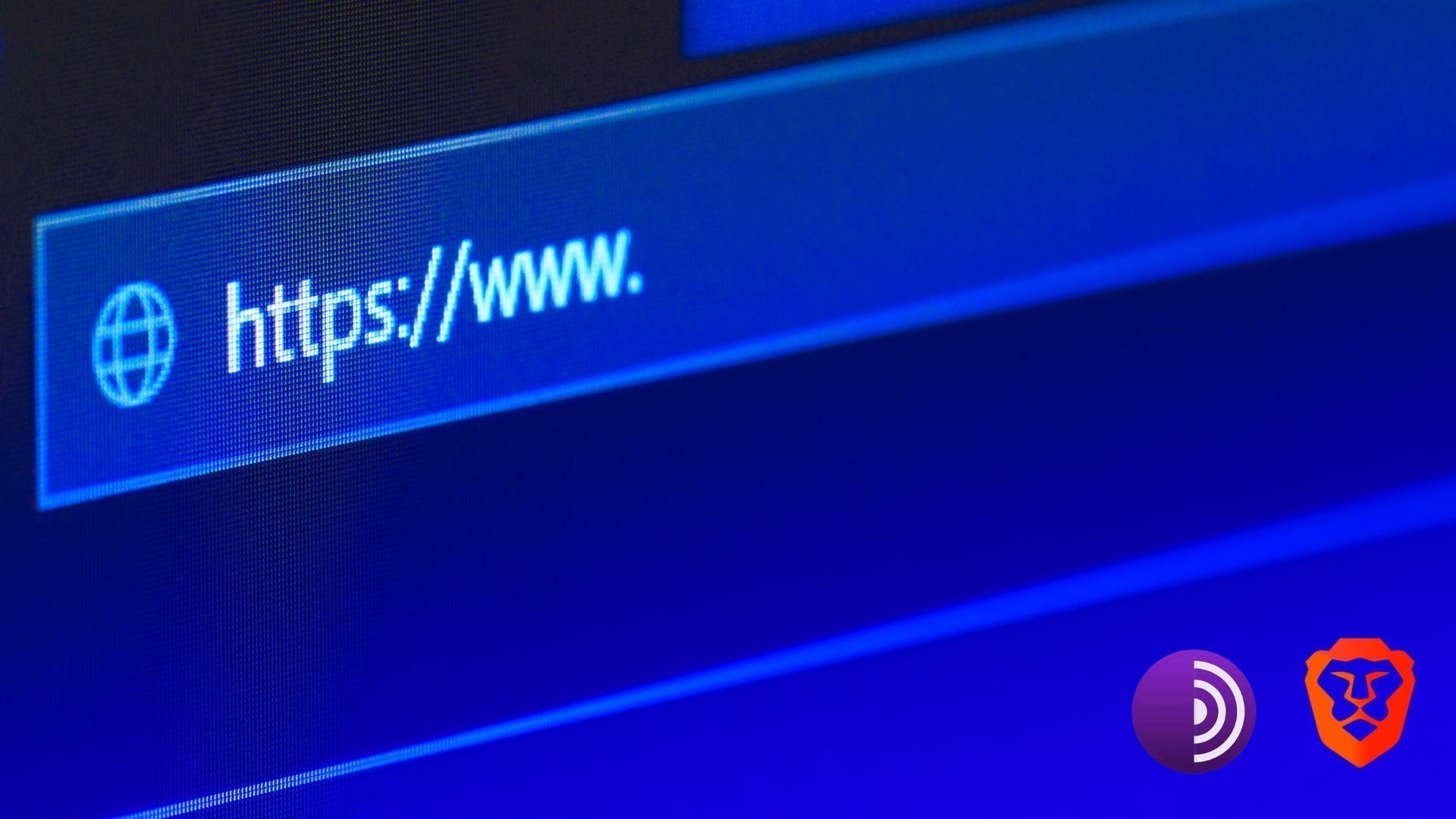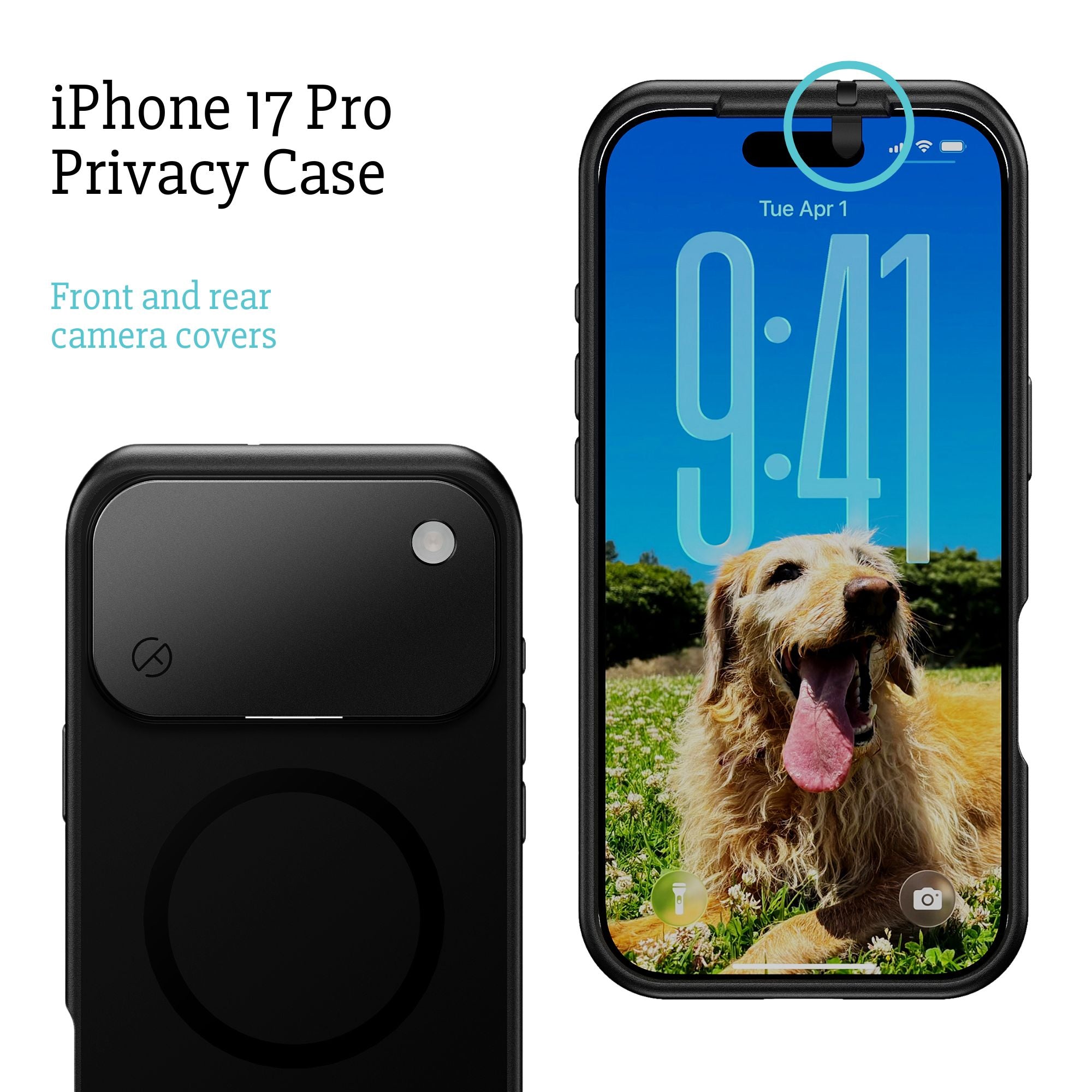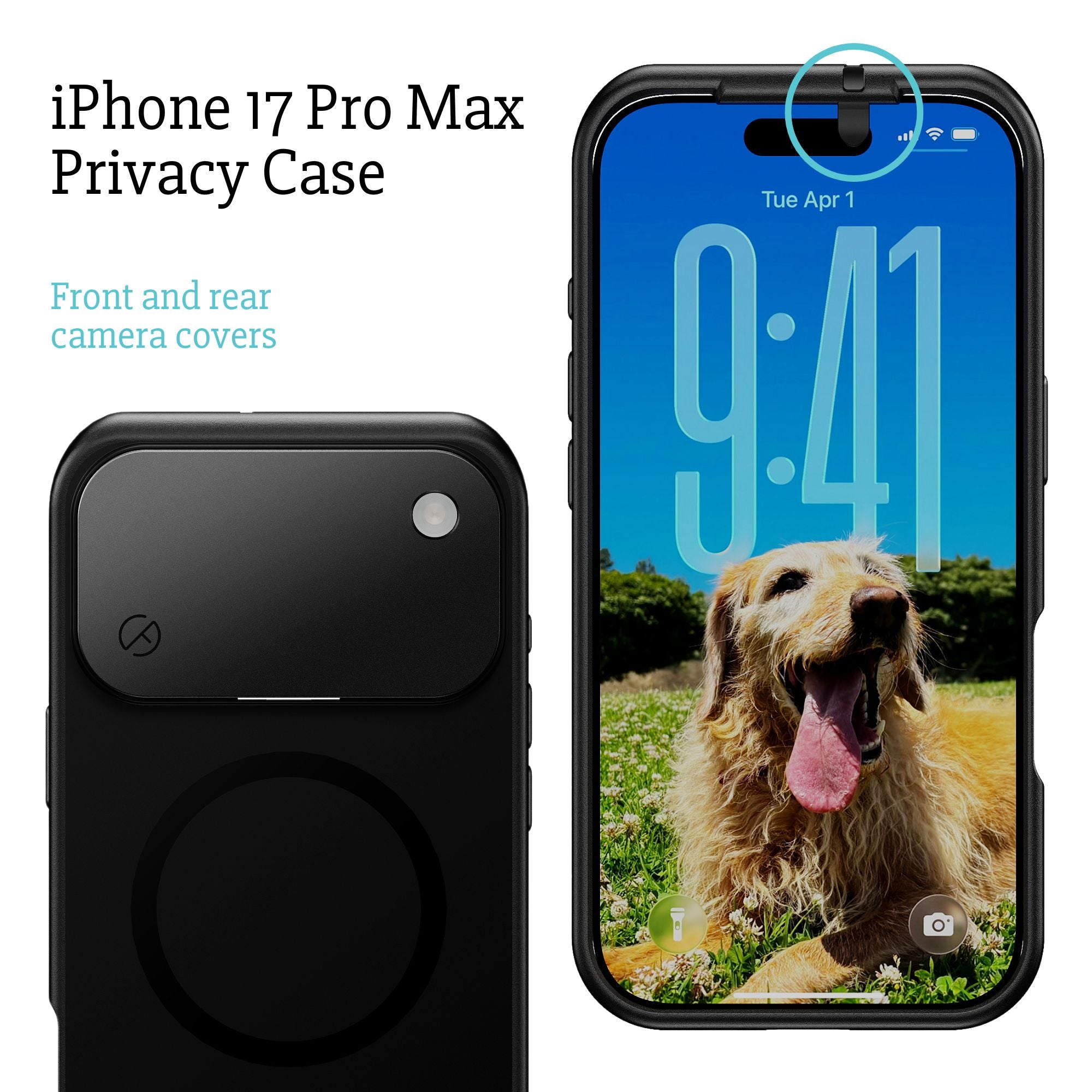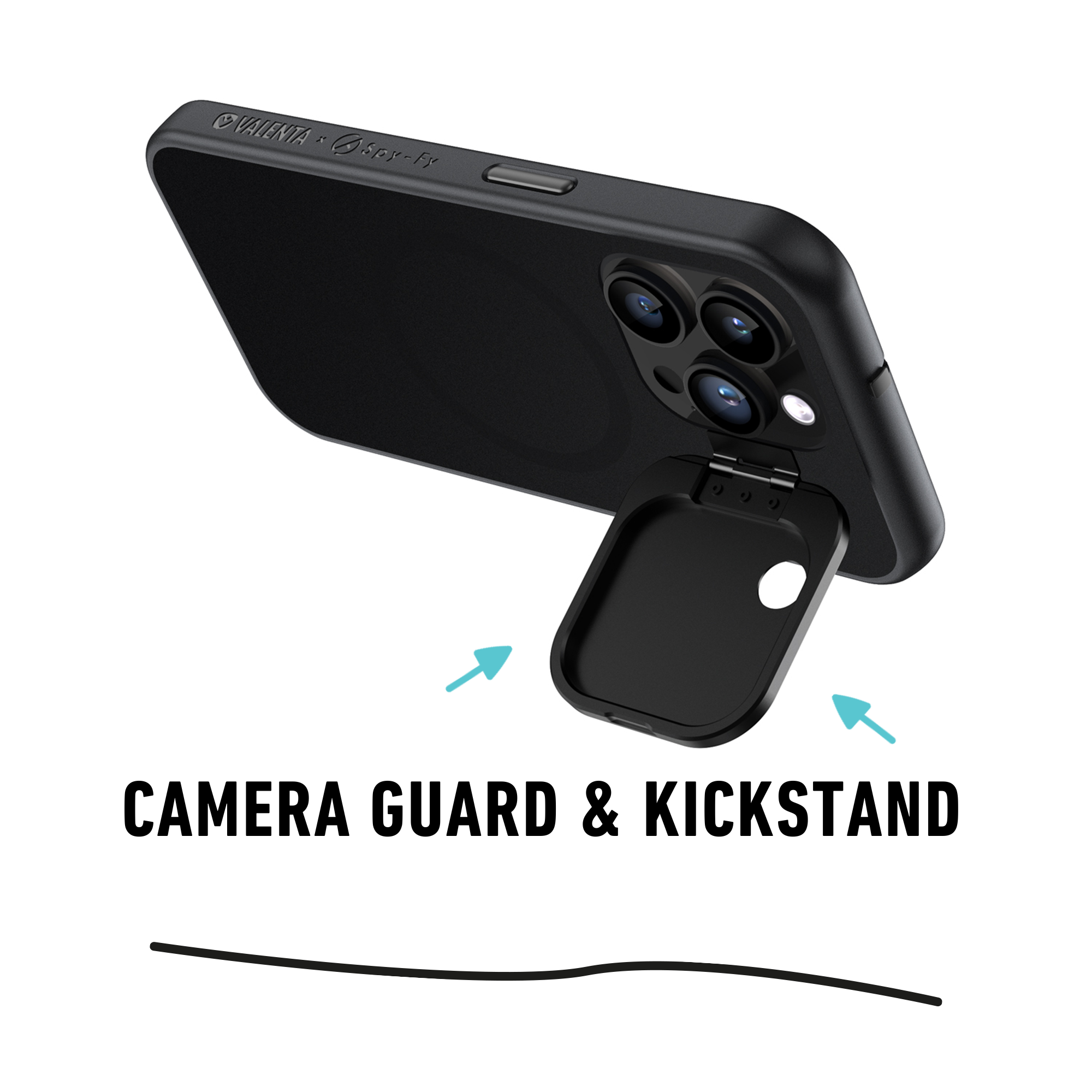In an era of mass surveillance, data tracking, and targeted advertising, more people are switching to privacy-focused alternatives for browsing, messaging, emailing, and social media. Popular services like Google Chrome, WhatsApp, Gmail, and Twitter may be convenient, but they collect vast amounts of user data, often selling it to advertisers or sharing it with governments. This widespread data collection can lead to targeted manipulation, security breaches, and loss of control over personal information. As awareness of online privacy grows, users are seeking safer alternatives. From private browsers to encrypted messaging and decentralized social media, here’s a look at some of the best privacy-first tools available today.
1. Signal: The most secure messaging app?
Messaging apps like WhatsApp and Telegram are widely used, but they come with privacy concerns. WhatsApp shares metadata with its parent company Meta, while Telegram does not encrypt all chats by default. Signal stands out as the most secure messaging app, offering end-to-end encryption for messages, voice, and video calls. It does not collect user data and is entirely funded by donations, ensuring no corporate interests. Features like disappearing messages, no metadata collection, and open-source transparency make it a top choice for privacy-conscious users. Unlike WhatsApp, Signal does not store backup messages on cloud services that could be accessed by third parties. Additionally, even Telegram, despite its reputation for security, stores messages on its servers unless users specifically enable Secret Chats, making it less private than many believe. If security is your priority, Signal is a better option than WhatsApp and Telegram. If you’re looking for a secure alternative to mainstream messaging apps, read our in-depth review here
2. Privacy-focused social media: Mastodon & Pixelfed
Traditional social media platforms like Twitter (now X) and Instagram rely on aggressive data tracking and algorithm-driven feeds. Mastodon and Pixelfed offer decentralized, ad-free alternatives. Mastodon, a Twitter-like platform, allows users to join independent servers with their own rules and moderation policies, eliminating centralized control. Pixelfed, an Instagram alternative, offers chronological feeds and no data tracking. Both platforms belong to the Fediverse, a network of privacy-friendly social media services that let users interact across platforms without being subjected to invasive surveillance. Unlike Instagram, which collects vast amounts of personal data to fuel its advertising model, Pixelfed ensures users retain full control over their content. Additionally, because Mastodon is not owned by a single corporation, it reduces the risks of censorship, manipulation, or mass data breaches common on mainstream platforms. Curious about how these platforms work? Read our full article here
3. ProtonMail: The best secure email alternative to Gmail?
With over 300 billion emails sent daily, few users consider how secure their messages really are. Unlike Gmail and Outlook, which scan emails and collect user data, ProtonMail provides end-to-end encryption, ensuring that even ProtonMail itself cannot read your messages. Based in Switzerland, it benefits from strict privacy laws. Features like self-destructing emails, anonymous signup, and zero-access encryption make it an excellent choice for secure communication. While ProtonMail faced a legal case in 2021 requiring it to log user IPs under court orders, it remains significantly more private than Gmail and Outlook. Unlike Gmail, ProtonMail does not scan emails to serve targeted ads, making it a safer option for sensitive communications. Users looking for even greater anonymity can access ProtonMail through the Tor network, which helps obscure their IP address and further protects against tracking. Read our full guide here
4. Brave vs. Tor: Which browser offers the best privacy?
Mainstream browsers like Google Chrome, Safari, and Edge track user activity and collect data, prompting users to seek privacy-focused alternatives. Two standout browsers for privacy are Brave and Tor. Brave blocks ads, trackers, and third-party cookies, providing a balance between security and speed. It also offers Tor tabs for extra anonymity. Tor, on the other hand, routes traffic through multiple encrypted relays, making it the best choice for total anonymity, though it comes at the cost of speed. While Brave is ideal for everyday private browsing, Tor is better suited for users who need maximum security, such as journalists or activists in restrictive countries. However, Tor is not suitable for activities like online banking or streaming due to its slower speeds and blocked access on certain websites. Brave, while more user-friendly, still relies on Chromium, meaning some aspects of its codebase originate from Google, which raises concerns for some privacy advocates.If you want a detailed breakdown of these two browsers, check out our full comparison here
Conclusion: taking control of your online privacy
As privacy concerns grow, users have more choices than ever to protect their digital footprint. Whether it’s switching to Brave or Tor for secure browsing, using Signal for private messaging, relying on ProtonMail for encrypted emails, or embracing decentralized social media, taking control of your online privacy is now easier than ever. The shift toward privacy-first technology is not just a trend—it’s a necessary step in reclaiming digital freedom from corporate surveillance and government tracking. No single tool can guarantee 100% privacy, but by combining these services with additional security measures like VPNs and Tor, users can significantly reduce their exposure to data collection and online threats. Ultimately, the power to protect your privacy lies in the choices you make every day.










